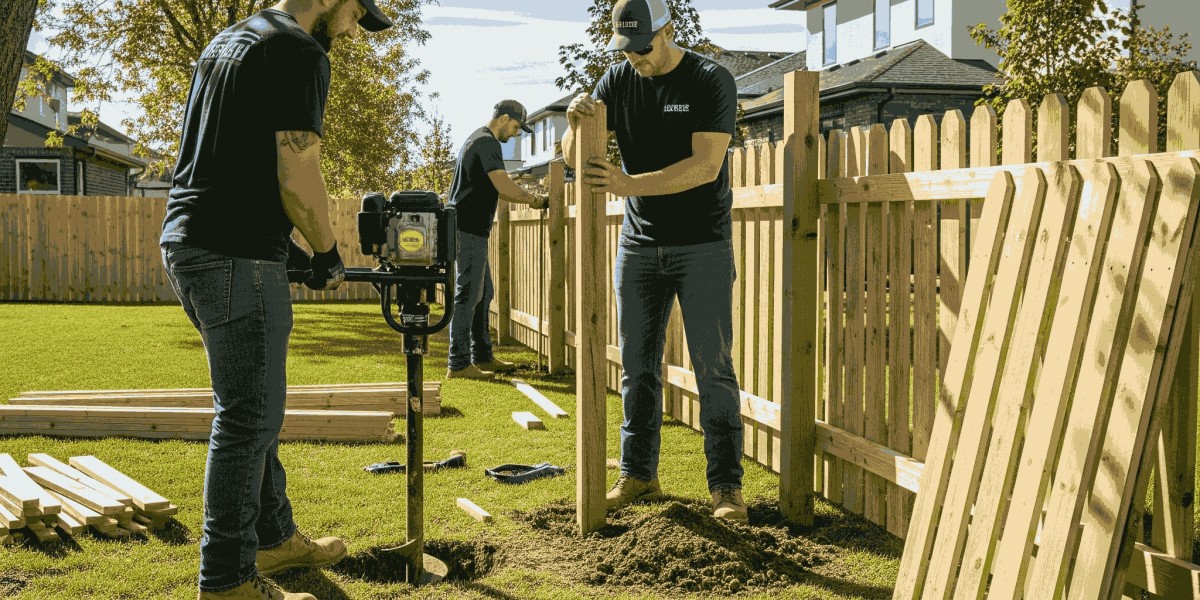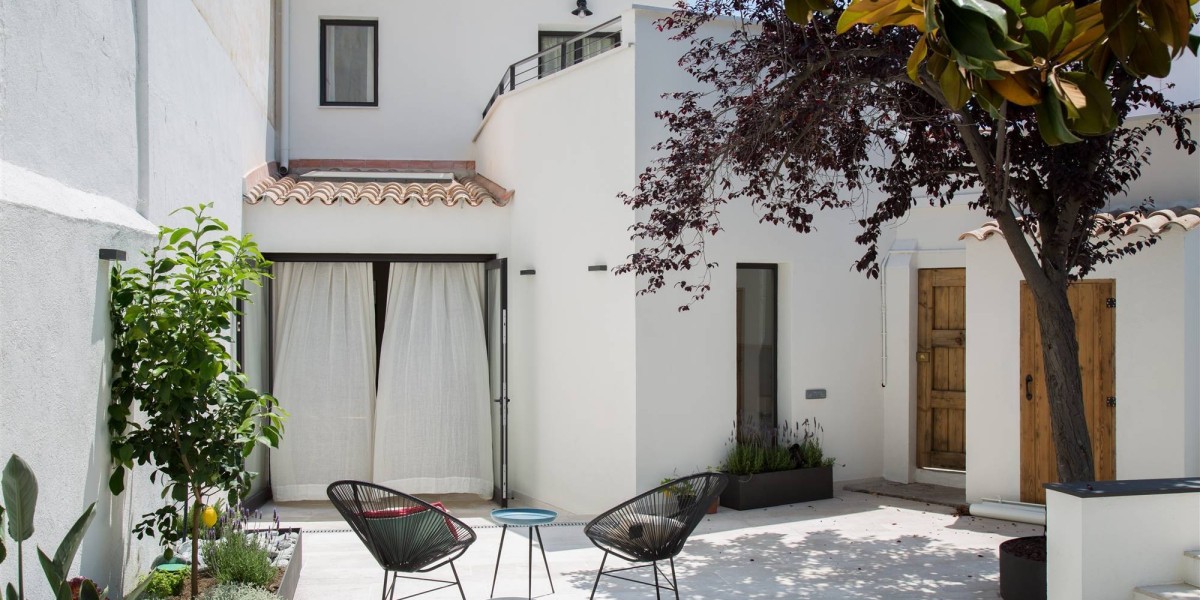Fencing is one of the most important investments you can make for your home or commercial property. A well-installed fence provides security, privacy, and an aesthetic touch that enhances your outdoor space. If you have been searching for fence installation near me, you are probably trying to figure out the best material, style, and professional service to fit your needs.
This guide will walk you through why fencing matters, what types of fences are available, how to choose the right option, and what to expect during the installation process.
Why a Fence Matters
A fence is not just about marking boundaries. It serves multiple practical and visual purposes, including:
Privacy – Keeps unwanted eyes away from your backyard and living spaces.
Security – Acts as the first line of defense against trespassers and stray animals.
Curb Appeal – Adds beauty and character to your home’s exterior.
Safety – Protects children and pets by creating a safe enclosed space.
Property Value – A well-maintained fence increases the resale value of your property.
Different Types of Fences
There are various fencing options to choose from depending on your purpose and budget.
Wooden Fences
Timeless, classic, and versatile. Wooden fences can be stained or painted to match your home’s exterior. However, they require periodic maintenance to prevent rotting.
Vinyl Fences
A modern alternative to wood, vinyl fences are highly durable and require very little maintenance. They resist weather damage and don’t need painting.
Chain-Link Fences
An affordable option that is practical for security. Though not the most stylish, they are widely used in schools, commercial spaces, and backyards where function matters more than looks.
Metal Fences
Aluminum and wrought iron fences bring durability and elegance. They are popular for those who want strength combined with decorative appeal.
Composite Fences
Made of recycled wood and plastic, composite fences are eco-friendly and durable. They mimic the appearance of wood but last longer with less upkeep.
Factors to Consider Before Installation
When planning your fencing project, think about:
Purpose – Is it for security, aesthetics, privacy, or pet safety?
Budget – Consider both upfront costs and long-term maintenance.
Climate – Rainy and humid areas may require rust- and rot-resistant materials.
Local Regulations – Many cities and Homeowner Associations (HOAs) have rules regarding height, materials, and placement.
Design Preference – Pick a style that complements your property.
Should You DIY or Hire a Professional?
While DIY fence projects are possible, professional installation ensures durability and compliance with local codes. Hiring experts saves time, avoids costly mistakes, and guarantees a neat finish.
When searching for professional fence installation near me, here’s what to check:
Experience – Look for companies with proven track records.
Portfolio – Review photos of past projects to see their quality.
Reviews – Customer feedback reveals reliability and service quality.
Estimates – Compare quotes from multiple contractors.
Warranty – A trustworthy installer provides guarantees for labor and materials.
Cost of Fence Installation
The price of fencing depends on:
Material – Wood is generally affordable, vinyl and metal cost more.
Length & Height – Larger projects naturally increase the price.
Labor Costs – Rates vary by region and contractor expertise.
Customization – Decorative finishes, gates, and extra features add to costs.
On average, homeowners can expect to spend between $15 and $50 per linear foot.
Fence Installation Process
Here’s what usually happens when professionals install a fence:
Site Survey – Measuring and marking property boundaries.
Planning & Permits – Ensuring compliance with regulations.
Material Delivery – Bringing the selected fencing material on-site.
Post Installation – Digging and securing fence posts in the ground.
Panel or Rail Installation – Attaching boards, panels, or rails to the posts.
Finishing Touches – Painting, staining, or sealing if required.
Maintenance Tips
A fence will last much longer if you take care of it.
Wood – Seal or stain regularly to prevent rot.
Vinyl – Clean with mild soap and water to keep it bright.
Metal – Inspect for rust and repaint if needed.
Chain-Link – Keep it clear of vines and heavy vegetation.
By keeping up with maintenance, you’ll avoid costly repairs later.
Conclusion
A fence is more than just a barrier – it’s an investment in safety, beauty, and property value. From wood to vinyl, metal to composite, every material has unique strengths. The key is to choose based on your needs, budget, and design preference.
Hiring professionals ensures your fence is installed correctly, saving you time and stress. Whether you want a simple chain-link for security or a stylish wooden fence for charm, careful planning will help you achieve the perfect result.
In the end, the right fence adds character to your home while giving you peace of mind. If you’re ready to upgrade your property, start researching local contractors today and take the first step toward a safer, more beautiful space.







